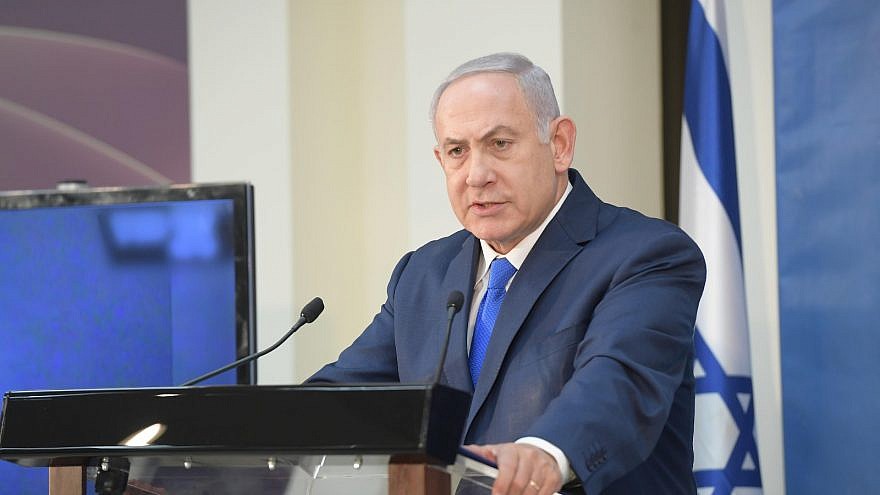The day after it was announced that Israelis will go to the polls on April 9, a headline in the Times of Israel read: “Early election timing likely more to do with graft-dodging than draft-dodging.” Though the formal reason for holding the election ahead of time was that the coalition couldn’t agree on a bill that would make it difficult for ultra- Orthodox men not to do military service, which is compulsory in Israel, the real reason why the Prime Minister Netanyahu didn’t wait out his full term was to try to delay the charges against him for bribery and related offences. The assumption is that an indictment would have to wait until after the elections and perhaps dropped if Netanyahu wins.
Though many Israelis may share the assumption of the Times of Israelheadline, the first poll conducted after the announcement about the early election gets the current prime minister a comfortable lead. It’s, of course, far too early to draw conclusions, but it does suggest that Netanyahu may still be prime minister after April 9.
Nobody is under the illusion that those who now sit on the opposition benches in the Knesset will replace the current coalition. But there’re a number of other potential players. Three of them are former chiefs of staff:
*Ehud Barak, who had led a left-of-centre government in the past;
*Moshe Ya’alon who had served as minister of defense in the retiring Netanyahu government until he fell out with the prime minister to become his fierce critic, and who is said now to be forming a party of his own;
*Benny Gantz, the hope of many even before it’s clear if he’ll form a new party, join an existing one, or perhaps not run at all.
And, as I mentioned previously, a fourth former chief of staff, *Gabi Ashkenazi, is said to be popular. So far, however, he insists that he’s not a candidate.
Though chiefs of staff are usually popular, because defense is sacrosanct in Israel, only two former chiefs of staff have ever been prime ministers: Ehud Barak with a less than stellar record and Yitzchak Rabin, who was assassinated because he was good.
Netanyahu is also likely to have other rivals, chiefly
*Gideon Saar, who has already announced that he’ll campaign for a place on the prime minister’s Likud list in the primaries. If he gets many votes, he’s likely to be a formidable rival. Saar’s wife, who is the chief newscaster on the main TV channel news, has already resigned in order not to be accused of a conflict of interest or surreptitious campaigning. We’re told that Netanyahu fears Saar more than any other rival.
Not only personalities but also issues have to be taken into consideration. The outpouring of love of many Israelis for Donald Trump after the move of the US embassy to Jerusalem is now tampered by his withdrawal of American forces from Syria that exposes Israel to Iranian aggression, coupled with the new Erdogan-Trump love affair that causes Israel much embarrassment and worry. An election will delay the publication of Trump’s much heralded peace plan that the Palestinian Authority has feared for some time and which may also turn out to be a bitter pill for Israel to swallow.
Much will be said and written about the issues mentioned above and, of course, many others. We have reason to expect a lot of mudslinging and worse. In this climate of uncertainty and insecurity, discerning Israeli voters will find it very hard to know how to cast their ballots. Though it may be easy to know whom not to vote for, it’ll be hard to decide whom to support. We pray for wisdom.
Republished from San Diego Jewish World


























